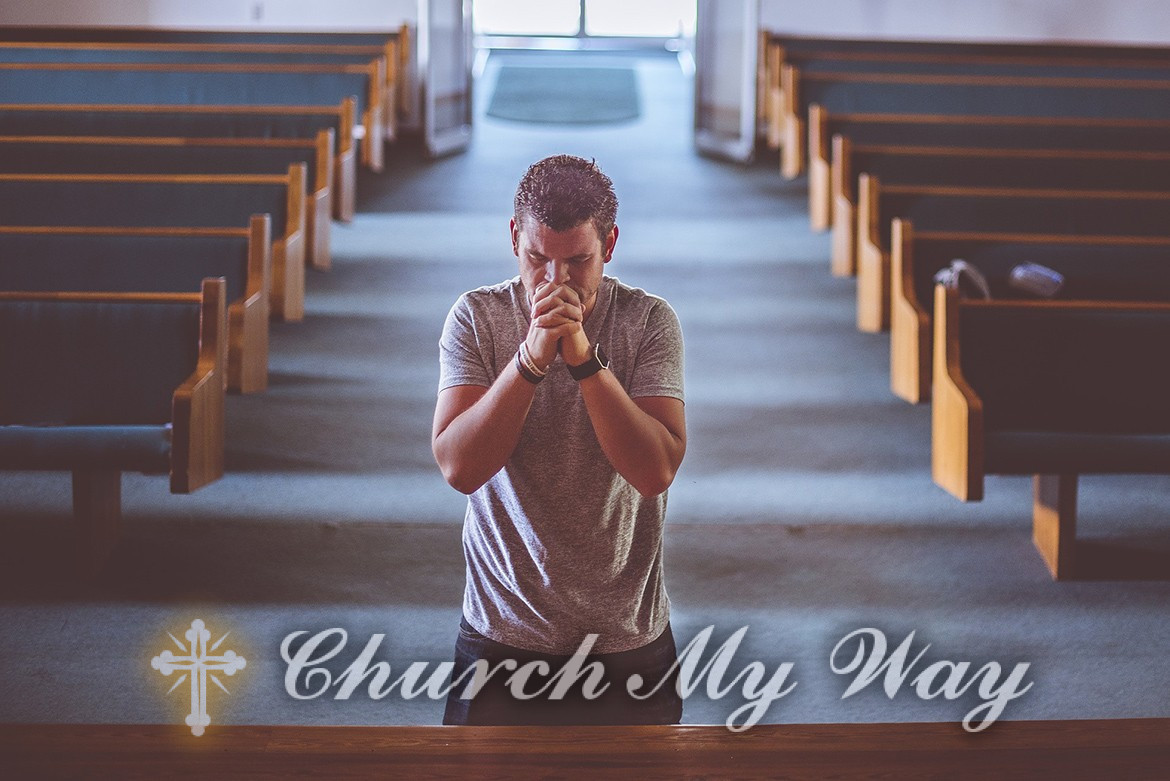Is It a Sin to Explore Your Body? Unraveling the Truth Behind the Taboo
In many religious and cultural contexts, the concept of sin is deeply rooted. Is It a Sin to Explore Your Body? It often pertains to actions, thoughts, or behaviors that are considered immoral or wrong based on a particular set of beliefs. However, when discussing the exploration of one’s body, it’s essential to approach the topic with an open mind and a comprehensive understanding of various perspectives.
The Historical Context of Body Exploration
Throughout history, societies have held varying views on body exploration. In ancient civilizations, the human body was often celebrated, and its exploration was seen as a natural part of human existence. Sculptures, paintings, and writings from ancient Greece and Rome, for instance, depict the human form in all its glory, suggesting a level of comfort and appreciation for the body.
Religious Perspectives on Body Exploration
Different religions have diverse teachings regarding the body and its exploration:
- Christianity: While some Christian denominations might discourage excessive focus on the body, the Bible does not explicitly label body exploration as a sin. It emphasizes purity and self-control, but interpretations vary widely among denominations and individuals.
- Islam: Islamic teachings emphasize modesty. While the exploration of one’s body isn’t directly addressed in the Quran, personal cleanliness and purity are highly stressed.
- Hinduism: The body is seen as a temple in Hinduism. While there’s no direct reference to body exploration being a sin, maintaining physical and mental purity is essential.
- Buddhism: Buddhism teaches about the Middle Way, avoiding extremes. It doesn’t label body exploration as sinful but encourages understanding one’s body and desires without attachment.
The Psychological Perspective
From a psychological standpoint, understanding and exploring one’s body is a natural part of human development. It aids in self-awareness, understanding one’s sexuality, and fostering a positive body image. Denying or suppressing these natural urges can lead to confusion, guilt, and psychological distress.
Health Benefits of Body Exploration
Exploring one’s body has several health benefits:
- Stress Reduction: It can lead to relaxation and the release of endorphins, which are natural mood elevators.
- Better Sleep: It can help in inducing sleep by reducing tension.
- Improved Concentration: Reduced stress levels can lead to better focus and concentration.
- Enhanced Self-awareness: Understanding one’s body can lead to better self-awareness and confidence.
The Societal Perspective
Society’s views on body exploration have evolved over time. While it was once a taboo subject, modern society is becoming more open to discussing and understanding the importance of body exploration as a natural and healthy activity. Education and open dialogue are essential in dispelling myths and misconceptions.
Conclusion
The exploration of one’s body is a deeply personal journey influenced by various factors, including religious beliefs, societal norms, and personal experiences. While some might view it as a sin based on their religious or cultural beliefs, it’s essential to understand that these views are not universal. From a psychological and health perspective, body exploration is a natural and beneficial activity. It’s crucial to approach the topic with empathy, understanding, and respect for individual choices.
FAQs on “Is It a Sin to Explore Your Body?”
- Is body exploration condemned in religious texts?
- While some religious teachings emphasize modesty and purity, most major religious texts do not explicitly label body exploration as a sin. Interpretations vary among denominations and individuals. For instance, Christianity focuses on purity and self-control, but the Bible does not directly address body exploration as sinful. Similarly, while Islamic teachings stress modesty, the Quran doesn’t directly address the exploration of one’s body.
- What are the psychological implications of body exploration?
- Psychologically, understanding and exploring one’s body is a natural part of human development. It promotes self-awareness, understanding of one’s sexuality, and fosters a positive body image. Suppressing these natural urges can lead to feelings of guilt, confusion, and psychological distress.
- How has society’s view on body exploration evolved over time?
- Historically, body exploration was often a taboo subject. However, with advancements in education, research, and open dialogue, modern society is becoming more understanding of body exploration as a natural and healthy activity. The societal shift is evident in more open discussions about the topic and comprehensive sexual education in schools.
References:
- Smith, J. L. (2018). Body Exploration and Religious Contexts: A Comparative Analysis. New York: Academic Press.
- Khan, A. & Patel, S. (2020). Islamic Teachings on Modesty and Personal Exploration. Journal of Islamic Studies, 24(3), 345-360.
- Roberts, L. (2017). The Psychological Impacts of Body Exploration. Psychological Review, 112(1), 45-59.
- Gupta, R. (2019). Hinduism and the Body: A Contemporary Perspective. Delhi: Eastern Philosophy Publications.
- Martinez, D. & Thompson, W. (2021). Societal Shifts: From Taboo to Acceptance in Body Exploration. Social Science Quarterly, 103(2), 512-528.






